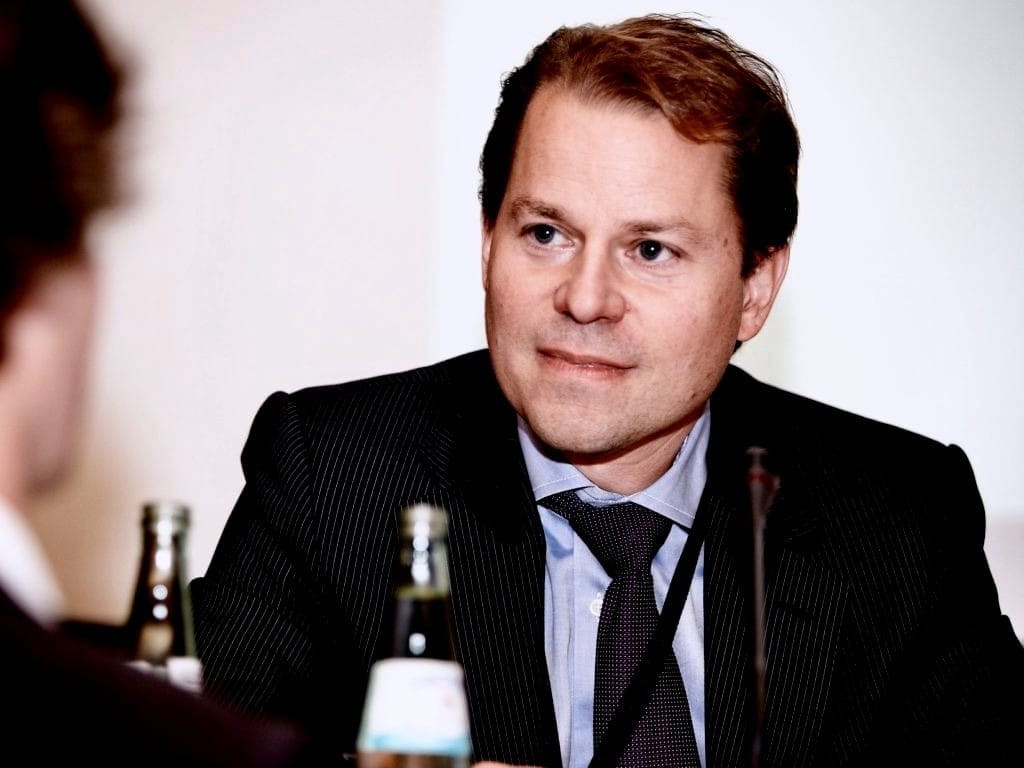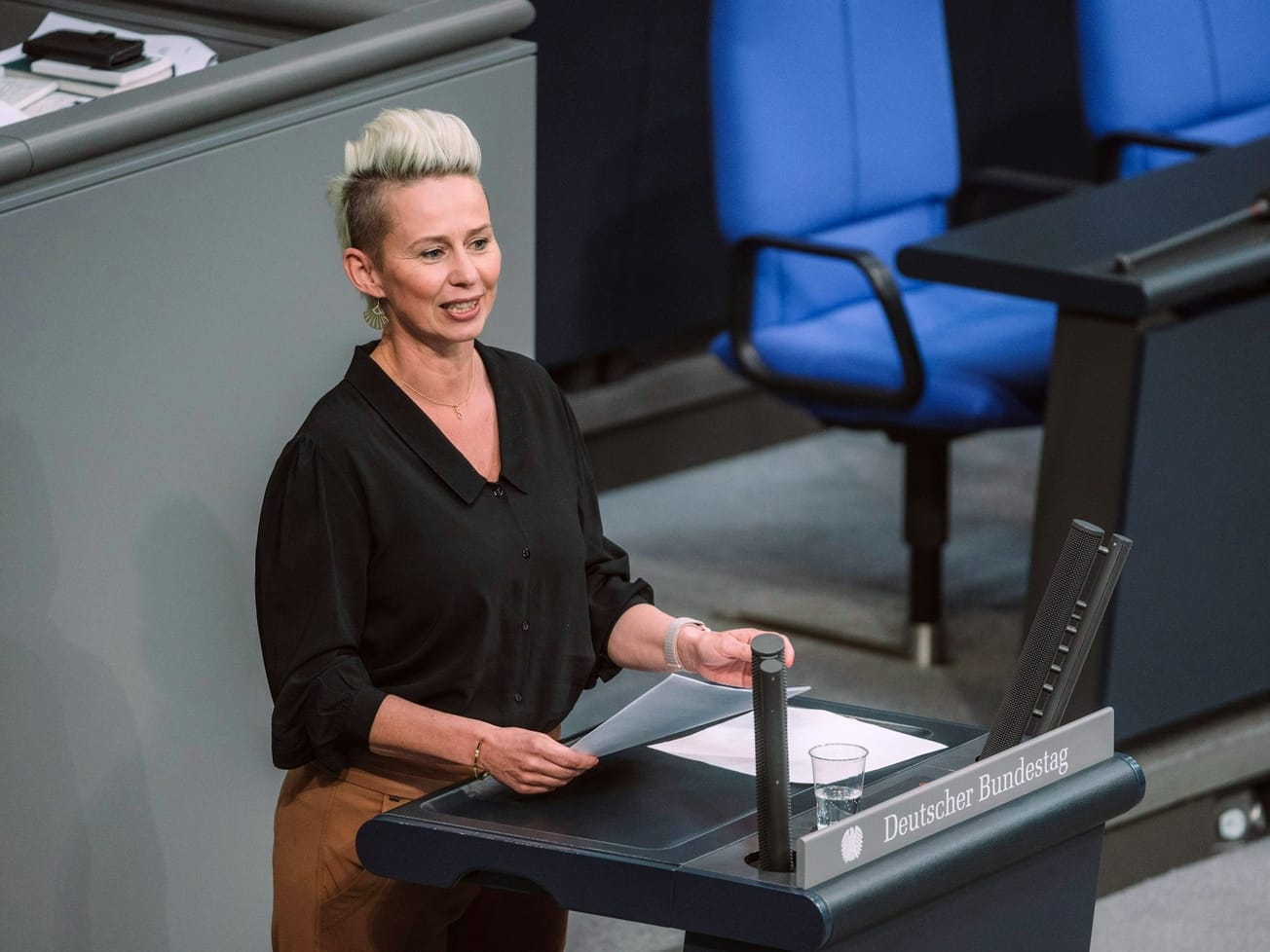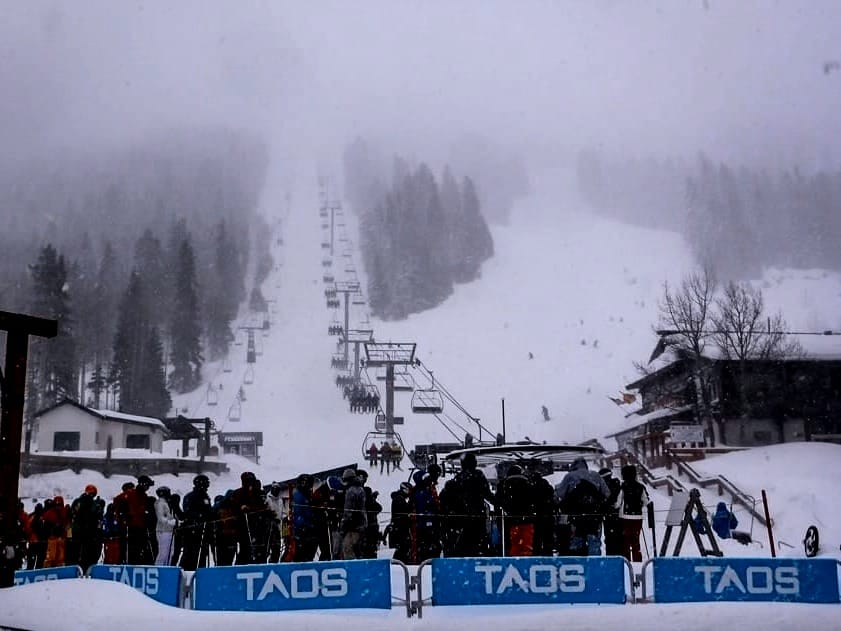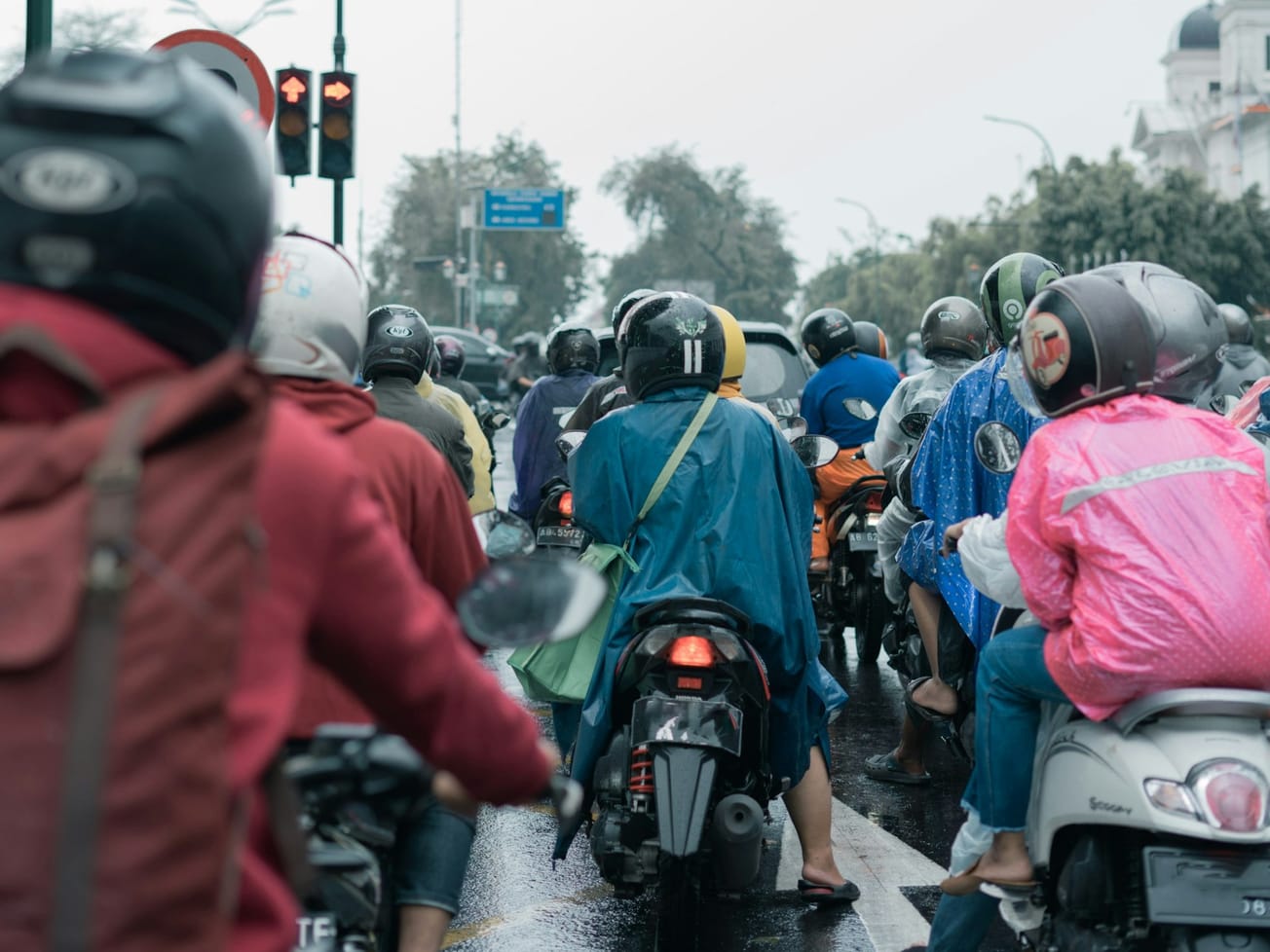WASHINGTON (AN) — The World Anti-Doping Agency said it received responses from Russian authorities to questions over data "discrepancies” and expects to complete a review by the end of next month.
Montréal-based WADA officials spoke on Monday after opening a formal compliance procedure against the Russian Anti-Doping Agency on Sept. 17 and giving it three weeks to provide responses, which have been received.









